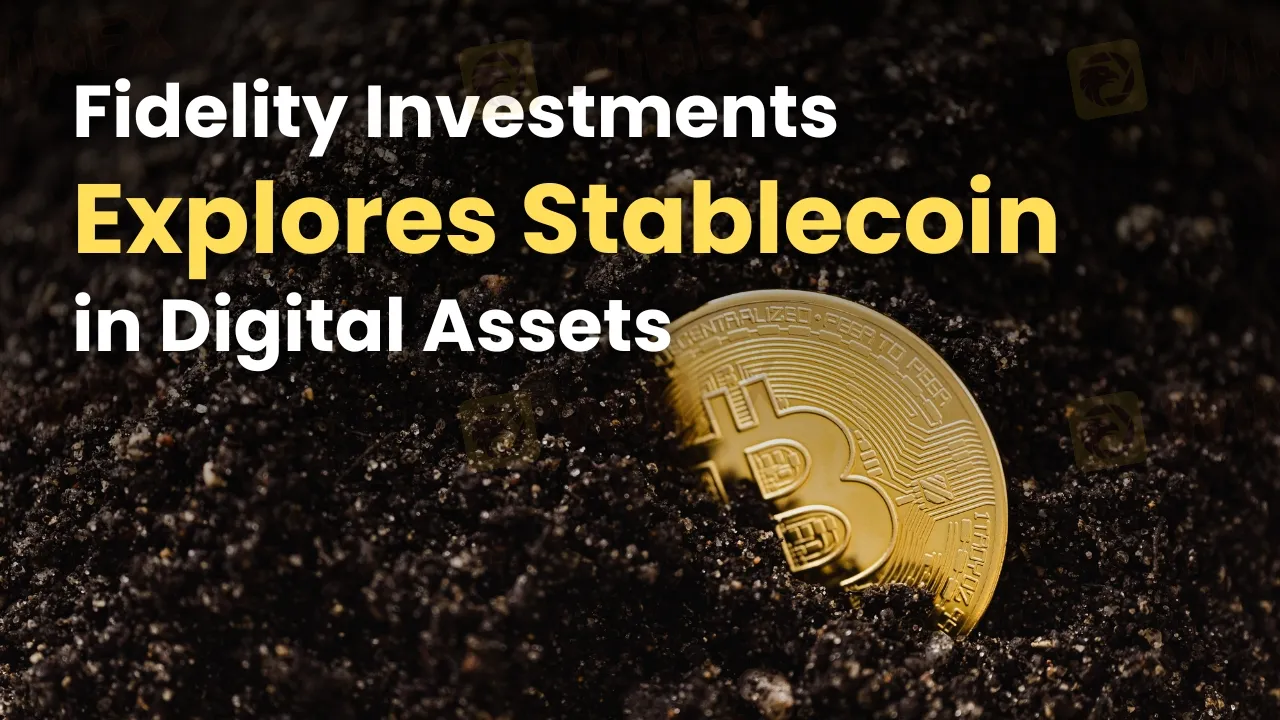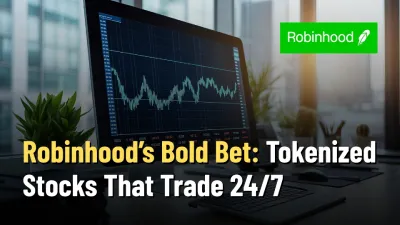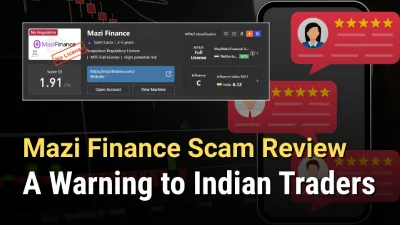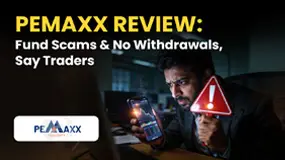Robinhood’s Bold Bet: Tokenized Stocks That Trade 24/7
Robinhood is reinventing stock trading with tokenized, 24/7 equities on the blockchain—ending settlement delays and redefining how markets move.
简体中文
繁體中文
English
Pусский
日本語
ภาษาไทย
Tiếng Việt
Bahasa Indonesia
Español
हिन्दी
Filippiiniläinen
Français
Deutsch
Português
Türkçe
한국어
العربية
Abstract:Fidelity Investments tests a stablecoin, joining major financial firms in the booming crypto sector. Discover how this impacts digital payments and blockchain adoption.

Fidelity Investments, a leading in the finance industry, is venturing further into cryptocurrency by experimenting with its own stablecoin. This step, driven by its digital assets team, highlights a rising pattern among leading financial players adopting one of cryptos most popular areas. The team already offers institutional clients trading and storage options for Bitcoin, Ether, and Litecoin, so launching a stablecoin feels like a logical next move.
A Fidelity representative stated, “We‘re always exploring and testing fresh possibilities to address our clients’ changing demands,” showing the companys forward-thinking approach to the evolving financial world. Stablecoins differ from their wilder crypto cousins by staying steady, usually tied directly to the US dollar. Traders love them for fast position switches, but their uses are growing—think international cash transfers, quicker online payments, and even finalizing trades for things like bonds using blockchain systems.

The Financial Times first reported Fidelity‘s stablecoin plans, noting how this test fits into a larger trend of exploration. Big names like PayPal, which debuted its stablecoin in 2023, and others like Robinhood Markets and Revolut, said to be considering their own, are jumping in too. In Europe, Societe Generale has launched a euro-tied stablecoin, while Tether’s USDT dominates with a massive $144 billion market value.
This boom in digital assets isn‘t isolated. New rules in Europe and a crypto-friendly stance from US President Donald Trump’s government are smoothing the path. In the US, two bills moving through Congress seek to establish stablecoins as a key part of worldwide payments, with Trump cheering them on. His own crypto project, World Liberty Financial, just revealed plans for a dollar-linked stablecoin on March 25, 2025.
Fidelity‘s crypto story began in 2014, with its digital assets unit starting in 2018. The Boston firm has since introduced crypto exchange-traded products, like Bitcoin and Ether funds, solidifying its role as a Wall Street trailblazer. Beyond stablecoins, Fidelity is also looking at tokenized funds—a recent filing suggests a tokenized money-market fund might be next. This mirrors BlackRock’s example, whose BUIDL fund, tied to US Treasuries, has grown to nearly $2 billion since its debut last March, according to RWA.xyz data.
As the crypto space gains steam, Fidelity‘s stablecoin trial marks a key turning point. With old-school finance and blockchain growing closer, the firm’s actions could transform how we trade, pay, and invest in a world leaning hard into digital solutions.

Disclaimer:
The views in this article only represent the author's personal views, and do not constitute investment advice on this platform. This platform does not guarantee the accuracy, completeness and timeliness of the information in the article, and will not be liable for any loss caused by the use of or reliance on the information in the article.

Robinhood is reinventing stock trading with tokenized, 24/7 equities on the blockchain—ending settlement delays and redefining how markets move.

Latest India Mazi Finance scam: Failed XAUUSD execution despite margin, costing $675—fake “insufficient balance” excuse. Protect funds, read the full report now!

Does Pemaxx prevent you from withdrawing funds once you make profits? Has the Mauritius-based forex broker disabled your trading account upon your withdrawal request? Do you fail to withdraw funds despite meeting the trading lot requirements? These scam-like trading activities have allegedly become a part of the broker’s operation, as many traders have complained about them online. In this Pemaxx review article, we have highlighted their comments against the forex broker. Keep reading!

Did Fortune Prime Global deduct all your profits by accusing you of market manipulation? Are you struggling to access withdrawals for months? Has the forex broker disabled your forex trading account upon the withdrawal application? Does the broker stipulate tax payments as a condition for fund withdrawals? You are not alone! In this Fortune Prime Global review article, we have highlighted these complaints. Read on!
